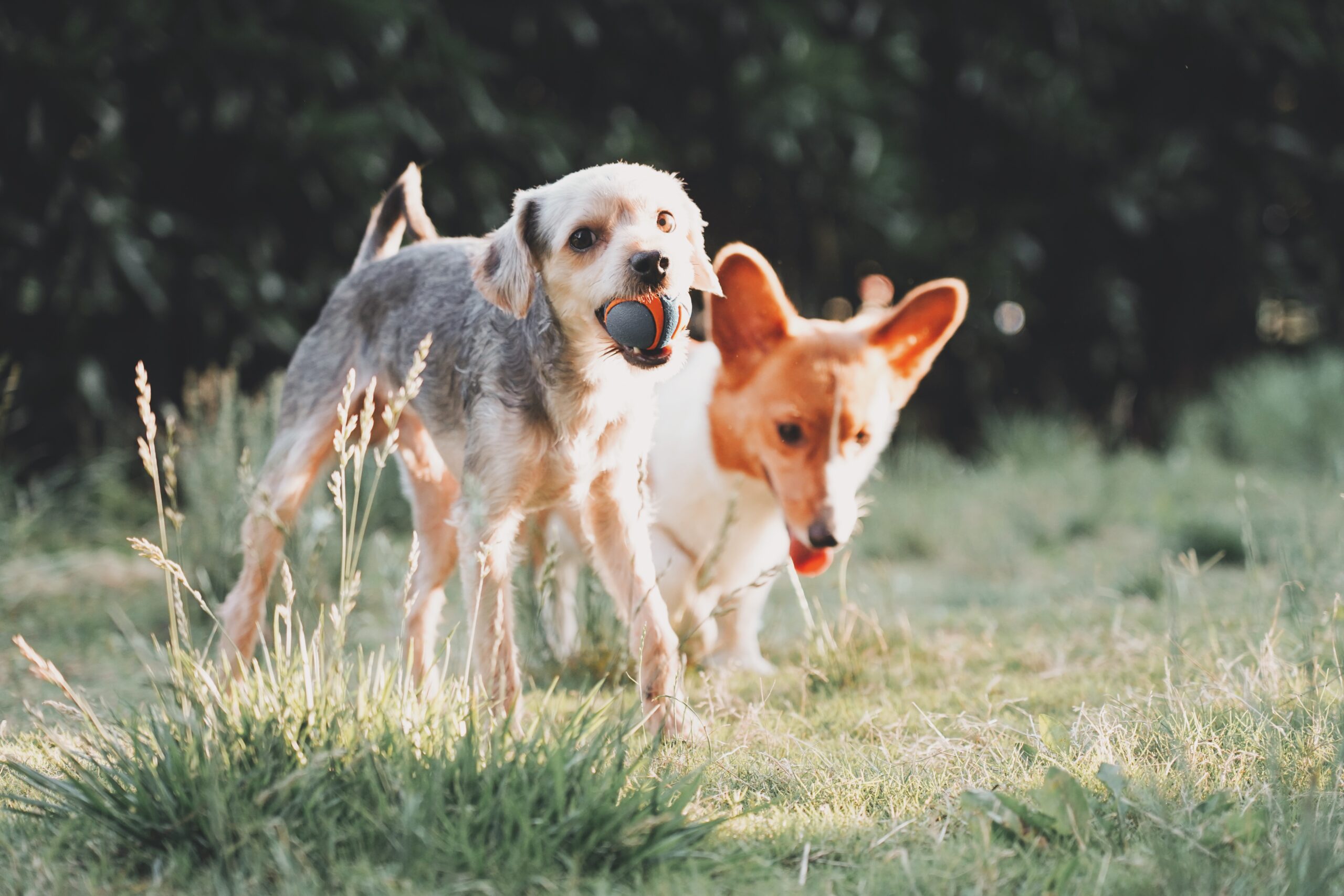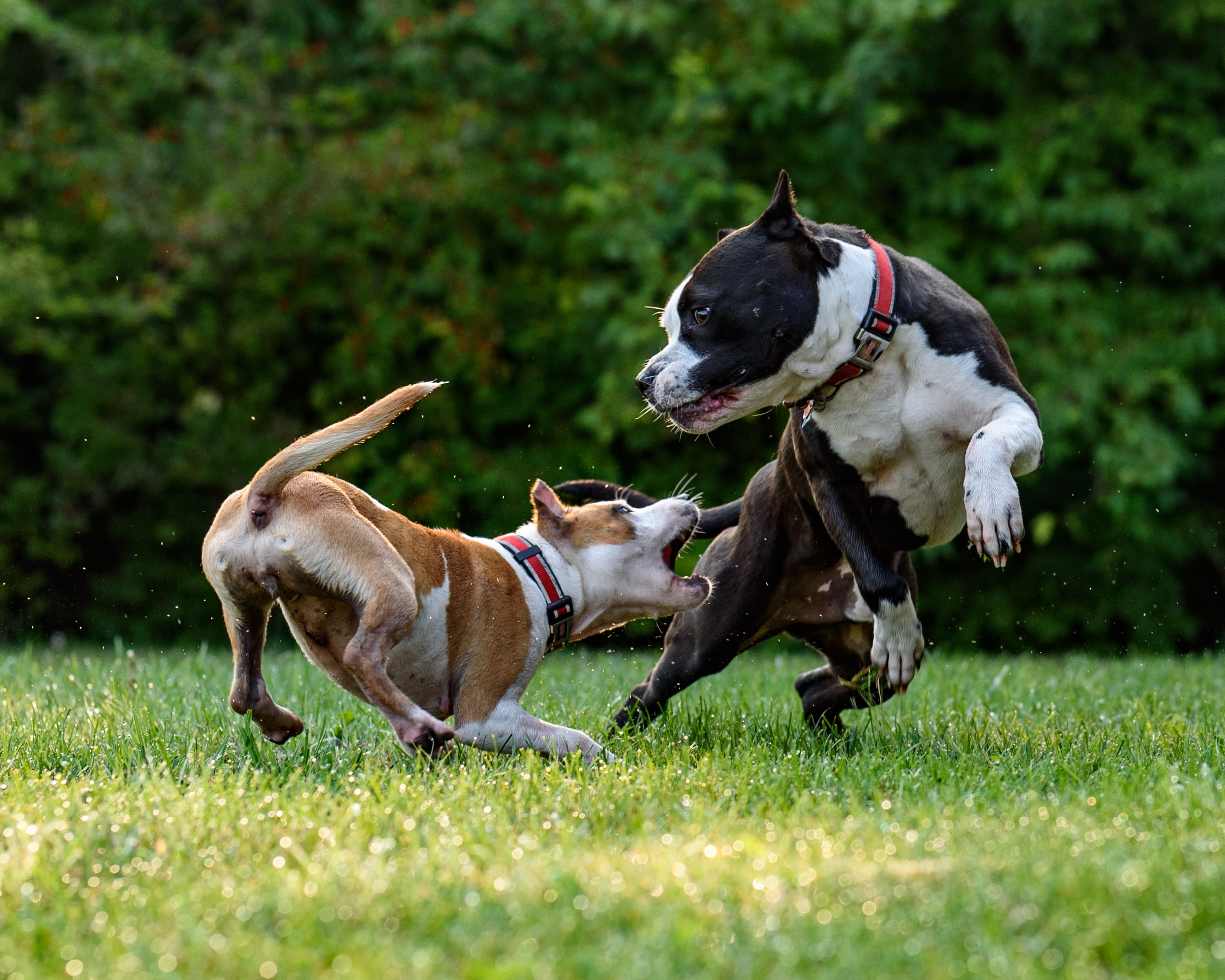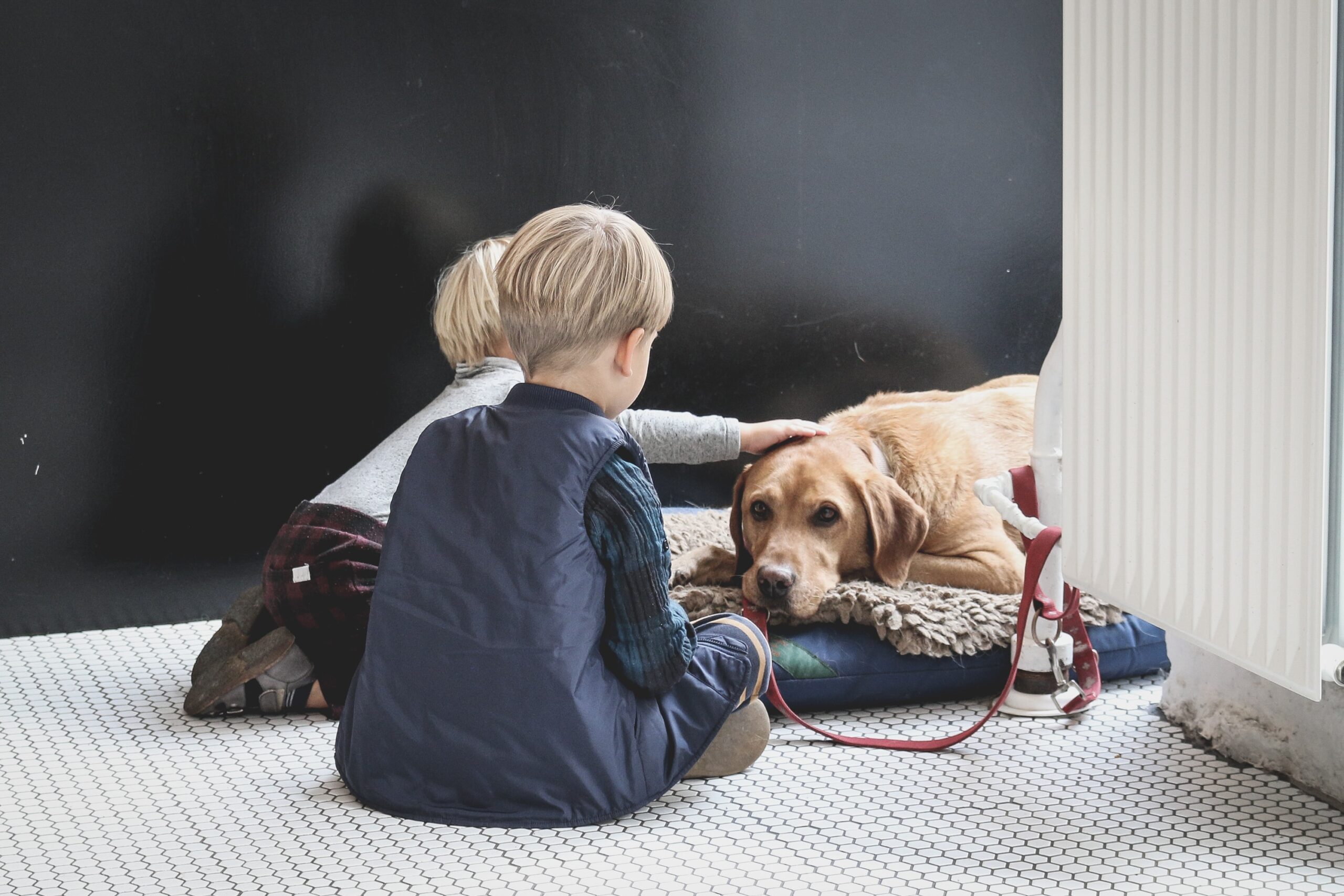The Puppy Path to Success: Unleashing the Power of Socialization
The article highlights the importance of puppy socialization classes in promoting proper behavior and preventing issues like nervousness and separation anxiety in adult dogs. It also discusses the techniques, curriculum, and finding the right class and trainer for effective socialization, emphasizing the need to start early and continue socialization beyond formal classes.
Benefits of Attending Puppy Socialization Classes
Attending puppy socialization classes is crucial for the proper development of young dogs. These classes are designed to expose puppies to a variety of experiences in a safe and controlled environment, which is essential for their long-term well-being. For example, classes often include interactions with other puppies, different environments, and new people, helping the puppies become more adaptable and confident as they grow older. Puppy classes
Moreover, research has revealed that puppies attending socialization classes are less likely to display nervousness or separation anxiety, demonstrating the positive impact of early socialization on their emotional well-being. One study found that puppies who received minimal exposure to people and dogs outside the home were more likely to develop behavioral issues and anxiety in adulthood, highlighting the importance of proper socialization from an early age. Therefore, enrolling puppies in these classes not only benefits their immediate behavior but also sets the stage for a well-adjusted and confident adult dog.
Techniques and Curriculum for Effective Socialization
In puppy socialization classes, positive reinforcement methods play a pivotal role in shaping a puppy’s behavior and responses to different stimuli. By utilizing positive reinforcement, such as treats, praise, and rewards, puppies are encouraged to repeat desirable behaviors, which in turn fosters trust and confidence in their interactions with people, other dogs, and the environment. For example, when a puppy successfully interacts with a new person or is calm in a novel environment, they are rewarded, reinforcing these positive experiences and associations.
When choosing a puppy class, it is crucial to consider the curriculum’s emphasis on proper socialization and the use of positive methods. A reputable trainer will design a curriculum that includes exposure to a variety of stimuli, including different surfaces, sounds, and experiences, to ensure the puppies are well-prepared for real-world situations as they grow older. For instance, a well-rounded curriculum might include introducing puppies to walking on different surfaces like grass, gravel, and carpet, as well as exposing them to common sounds like doorbells, vacuum cleaners, and car noises. These experiences help the puppies become more adaptable and less likely to develop fear or anxiety towards new encounters in the future.
Furthermore, the main goal of these classes is to provide puppies with positive and controlled exposure to different people, puppies, and environments. This can be achieved through structured socialization activities, supervised playtime, and gradual introductions to new sights and sounds. By creating a safe and positive environment for these interactions, puppies can learn to navigate social situations confidently and develop a well-rounded set of social skills that will benefit them throughout their lives. These experiences are essential for their long-term well-being and can significantly contribute to preventing behavioral issues in adult dogs.
Finding the Right Class and Trainer
When looking for the right puppy socialization class, it’s crucial to consider the qualifications of the trainer. A certified dog trainer who employs positive reinforcement methods can greatly influence the effectiveness of the class and contribute to the well-being of the puppies. For example, a reputable trainer may use treats and praise to reinforce good behavior, creating a positive association for the puppies during the learning process.
Moreover, finding a trainer who emphasizes life skills and controlled off-lead play can enhance the overall experience for the puppies. This approach can help the puppies develop essential skills such as impulse control, recall, and appropriate social interaction with other dogs, which are all fundamental for their long-term behavior and well-being. For instance, a well-structured class that focuses on controlled off-lead play allows puppies to learn how to navigate social interactions and boundaries in a safe and supervised environment, promoting healthy socialization.
In addition, creating a positive and stress-free environment for the puppies is paramount in ensuring that the socialization process is enjoyable for them. This means that the class should be conducted in a safe and controlled space, and the trainer should be adept at recognizing signs of stress or discomfort in the puppies, while also being able to redirect their attention and provide reassurance when needed. Ultimately, the right class and trainer can significantly impact the puppies’ socialization journey, laying the foundation for well-adjusted and confident adult dogs.
Age and Continuation of Socialization
The critical period for socialization in puppies is between 3 to 14 weeks of age, during which they are most receptive to new experiences and learning. Enrolling puppies in socialization classes at this early stage is vital to ensure they are exposed to a wide range of stimuli, helping to shape their behavior and responses as they mature. For example, a puppy attending socialization classes during this period may be less likely to develop nervousness, separation anxiety, or exhibit behavioral issues as an adult dog, compared to those who receive minimal exposure to people and other dogs outside the home.
Furthermore, the benefits of socialization do not conclude with the formal classes. Continued exposure to various environments, people, and animals is crucial for the puppy’s ongoing development and well-being. This extended socialization helps to reinforce positive behaviors and responses learned during the formal classes, contributing to the puppy’s confidence and adaptability in different situations. For instance, consistent exposure to different environments, such as parks, urban settings, or public events, can cultivate a well-adjusted adult dog that is comfortable and well-behaved in diverse surroundings. The Zigzag puppy training app, which can complement real-life training, provides resources for continued socialization, aiding in reinforcing positive behavior and adapting to new experiences beyond the classroom setting.
In conclusion, starting socialization classes early, continuing the process beyond the formal classes, and utilizing resources for ongoing development are crucial elements in ensuring a puppy’s well-rounded socialization and long-term behavioral wellness. These practices play a pivotal role in shaping a confident, well-adjusted adult dog capable of thriving in various environments and social settings [1][2][3].
The Significance of Proper Socialization for Puppies
Proper socialization is crucial for the overall development and long-term well-being of puppies. The critical developmental period for puppies occurs between 3 to 14 weeks of age, during which they are most receptive to new experiences and learning about their environment. This period is particularly important as it sets the foundation for the puppy’s future behavior and temperament. Without adequate socialization during this period, puppies may develop nervousness, fearfulness, and anxiety, which can lead to behavioral issues in adulthood.
For example, a well-socialized puppy is more likely to be comfortable and confident in various environments, such as meeting new people, encountering other dogs, and adapting to different sounds and stimuli. On the other hand, an under-socialized puppy may display signs of fear and anxiety when faced with unfamiliar situations, leading to stress and potential behavioral problems later in life. Therefore, enrolling puppies in socialization classes at an early age is crucial to ensure they receive the necessary exposure to different experiences and environments to build confidence and resilience.
Additionally, research has shown that puppies who attend socialization classes are less likely to exhibit nervousness or separation anxiety as they grow older. This is attributed to the positive training methods used in these classes, which foster trust and communication between the owner and the puppy. By participating in these classes, puppies learn to interact with other dogs and people in a controlled and safe environment, leading to improved social skills and overall well-being. Therefore, puppy socialization classes play a pivotal role in shaping a puppy’s behavior and ensuring they grow into well-adjusted adult dogs.
In summary, proper socialization during the early developmental period is essential for puppies to develop into confident, well-adjusted, and behaviorally sound adult dogs. By providing puppies with positive experiences and exposure to a variety of stimuli through socialization classes, owners can significantly impact their puppy’s long-term well-being and prevent potential behavioral issues in the future.





 Book Appointment
Book Appointment